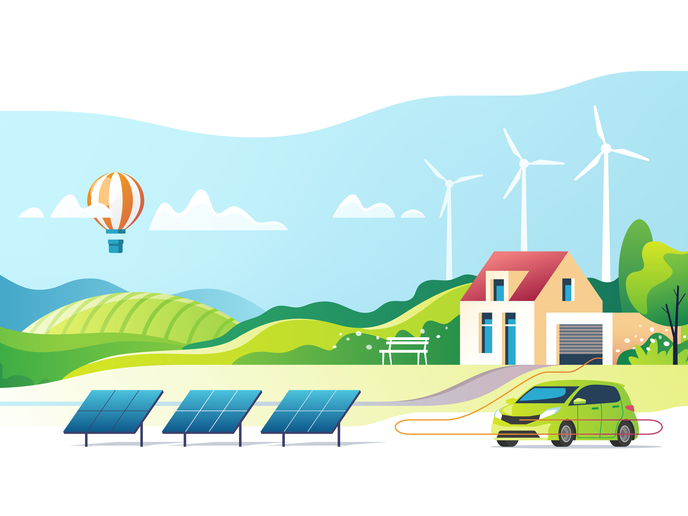Research sheds light on what shapes our energy decisions
The European Commission launched in February 2015 a new strategy for a resilient energy union with a forward-looking climate change policy(opens in new window). The strategy has been designed with citizens at its core, where they take ownership of the energy transition and benefit from new technologies to reduce their bills and participate actively in the market. Empowering and involving citizen-consumers and communities is key to unlocking the full potential of the green energy transition strategy. “Getting consumers on board is essential to shape Europe’s energy future. Energy production and energy consumption behaviours are heavily shaped by past, present and future individual and collective choices,” notes Stefano Proietti, coordinator of the ENABLE.EU(opens in new window) project. The initiative gathered researchers in 11 European countries to identify what drives energy choices in daily life. It shed further light on the key bottlenecks that discourage energy transitions as well as the factors that motivate people to change.
Key project findings
Project partners conducted household surveys, randomised controlled trials, interviews, participatory foresight exercises and econometric modelling to increase understanding of what factors drive energy decisions. Results showed that choices mostly relate to economic, demographic, cultural and governance aspects. On the governance level, the project presented examples of challenges encountered in 9 European countries. In a poll more than half of the participants agreed that the lack of adequate policy implementation at the national or regional level is one of the three main governance barriers to energy transitions in Europe. This is followed by financial issues, insufficient incentives to change behaviour and frequent ‘stop-go’ policies. The project also investigated how companies react to energy transition policies. “Results showed that a 10 % increase in energy price reduces CO2 emission by 8 %, with a larger effect for larger firms. It also reduces employment by 3 % in large firms but has no effect on employment in small- and medium-sized enterprises,” explains Proietti. In terms of mobility, results revealed that travel modes tend to vary depending on the type of trip rather than across different countries. In particular, people seem to be using public transport less for activities related to shopping and involving children. With respect to car sharing, the number of people using these vehicles is limited given that the service is available almost exclusively in medium/big cities. Furthermore, levels of satisfaction with car-sharing infrastructure were low. An experiment in Serbia showed that energy prices that are too low may limit the will to save energy, while another conducted in Germany showed that smart energy meters with instant billing can induce energy saving behaviour. “Given that a household has an average of 20 minutes a day to spend on all of its contracts, the information needs to be clear and engaging,” notes Proietti. Ultimately, research revealed that dwelling attributes have a larger impact on heating costs than consumers’ income level, daily routines or values. The energy efficiency of older dwellings can be improved with effective insulation, yet larger improvements are possible through deep renovations. ENABLE.EU increased understanding of the underlying factors that drive consumer choices and of the effective solutions and tools that increase their participation in the energy system. By understanding what drives their energy choices, policymakers can make targeted decisions and encourage consumers to make more sustainable choices.







